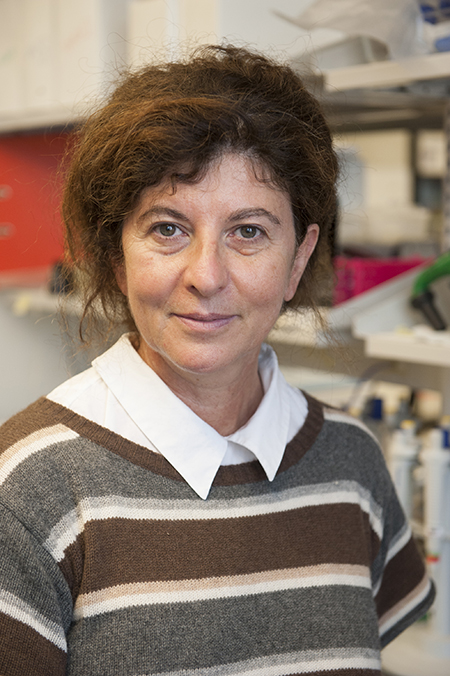Can we advance our understanding of stress-related disorders and develop new strategies to cure them?
Meet Jelena Radulovic
“I believe that most affective disorders, such as anxiety and depression, which are often caused or exacerbated by stress, arise from abnormalities in memory circuits.”
How are stressful experiences represented in memory circuits, and are such representations directly linked to changes of social and emotional behavior? Those are the questions that drives Professor Jelena Radulovic.
“I believe that most affective disorders, such as anxiety and depression, which are often caused or exacerbated by stress, arise from abnormalities in memory circuits,” she says.
Her research is relevant for a range of affective disorders, such as stress-related (e.g. posttraumatic stress disorders), dissociative (e.g. traumatic or dissociative amnesia), anxiety (e.g. generalized anxiety), and some types of depression.
Her early steps were in the field of neuroimmunology that she trained at The Immunology Research Center Branislav Jankovic in Serbia. The key event that convinced her to choose a scientific rather than a medical career path, was her observation of very strong, direct immunosuppressive effect of kappa opioid receptor-acting drugs.
“It was the moment when you think that you are the only person in the world that knows something so important that made things very exciting,” Jelena Radulovic explains.
From there, she transitioned to the neurobiology of stress at the Department of Molecular Neuroendocrinology at the Max Planck Institute for Experimental Medicine in Germany.

As her interest in the effects of stress on memory grew, this became her main area.
Since 2004, she has been a Professor of Neuroscience at Northwestern University and Albert Einstein College of Medicine in the United States.
She is currently leading a laboratory at Albert Einstein College of Medicine in New York and a laboratory at Aarhus University where she and her team research the role of neuromodulation in memory. They seek to understand how individual and sex-specific differences in the organization of memory circuits determine the impact of stress on memory systems.
In the long term, she hopes to identify novel therapeutic strategies that will at least ease, if not cure, the psychiatric symptoms of stress-related disorders.